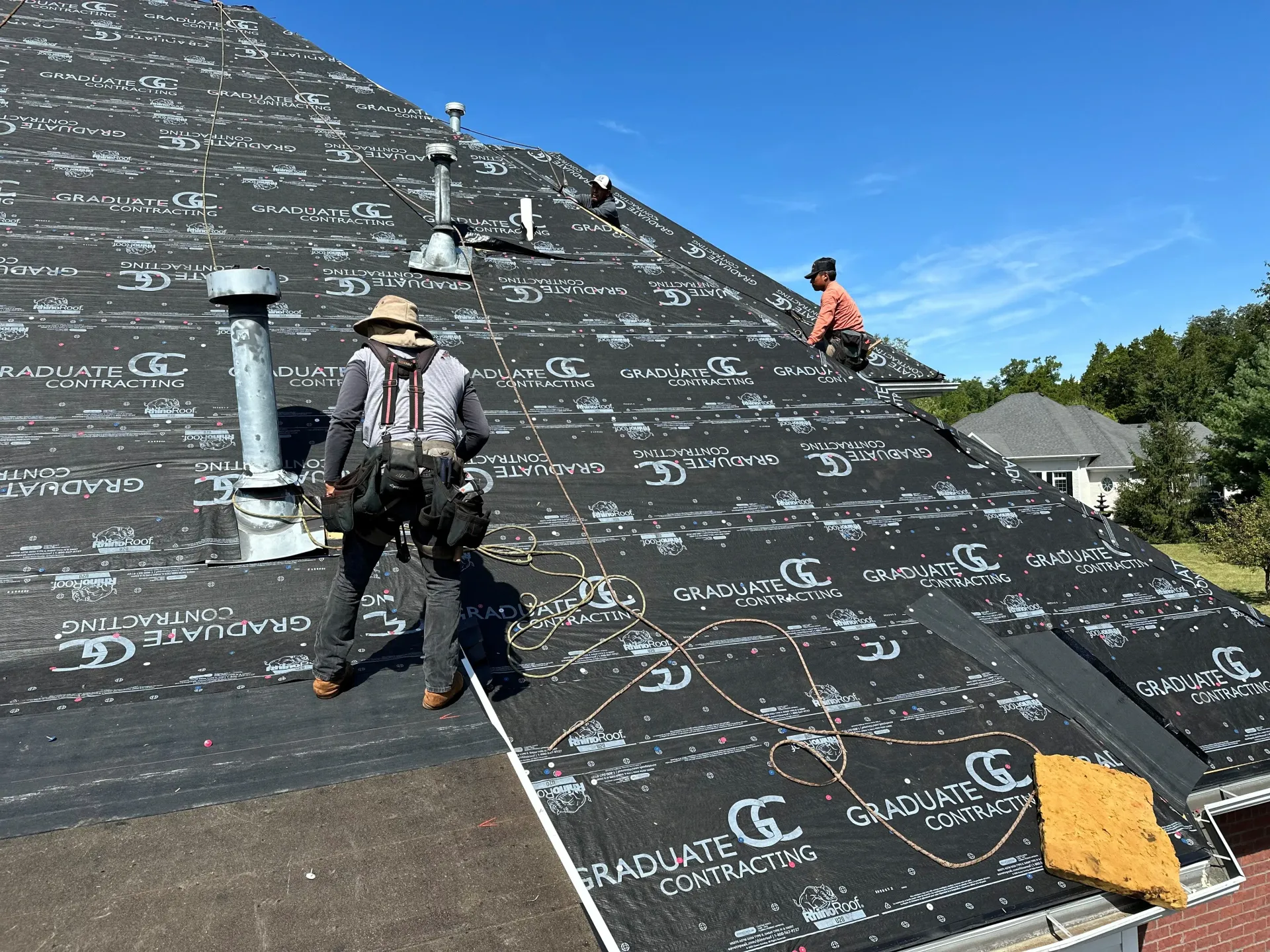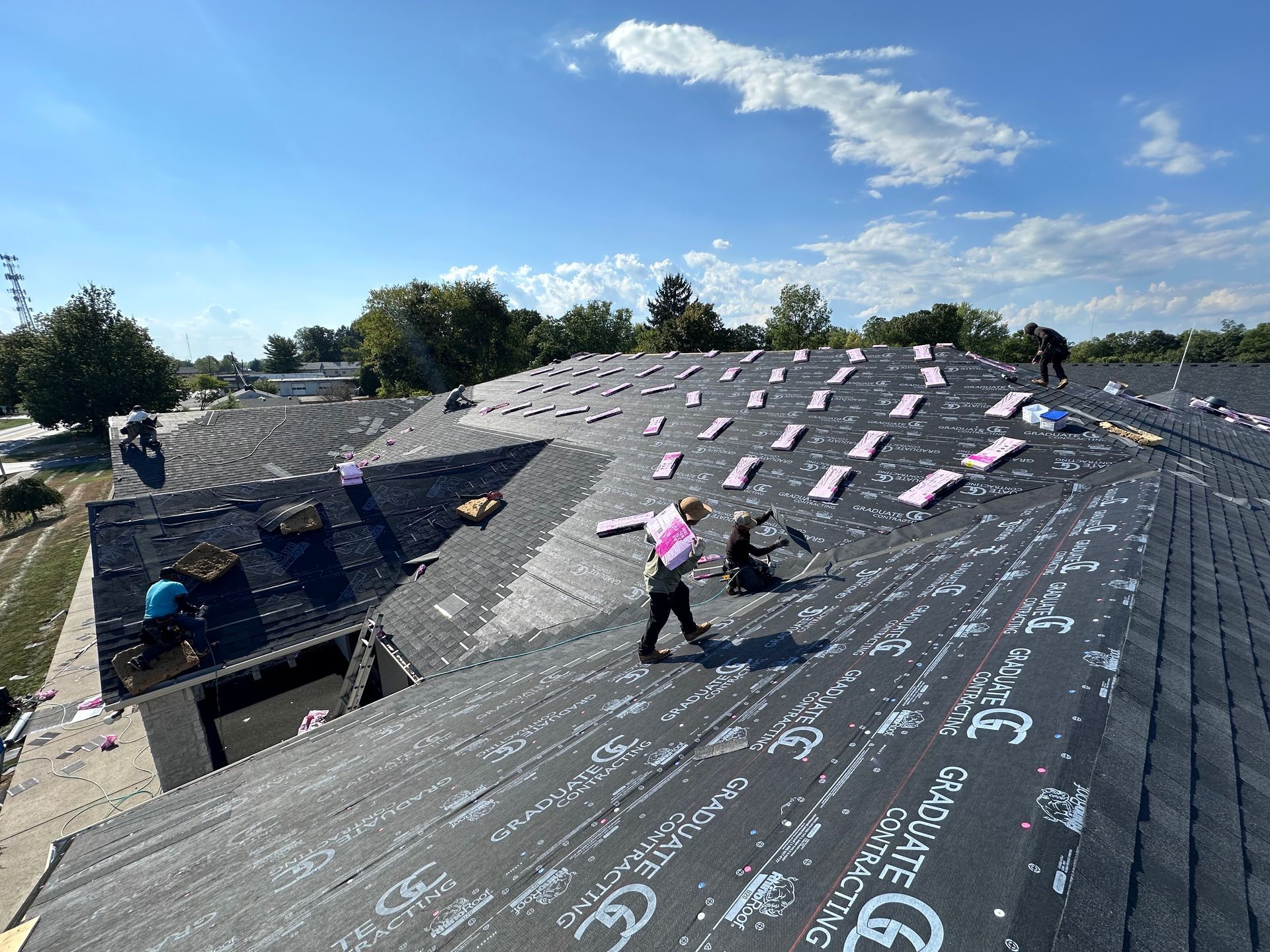The Truth About Metal Roof Longevity
15 Surprising Facts Every Homeowner Should Know

As a homeowner considering a metal roof, you've likely heard claims about their exceptional lifespan. But how long does a metal roof last? Let's dive into the facts, backed by real statistics and lesser-known information that most websites don't cover.
1. Average Lifespan
The Metal Roofing Alliance states that a properly installed metal roof can last 40-70 years. However, this broad range doesn't tell the whole story. A study by the National Association of Home Builders (NAHB) provides more specific data:
- Steel: 40-60 years
- Aluminum: 50-70 years
- Copper and Zinc: 70+ years
2. Material Quality Matters
What many homeowners don't realize is the significant impact of material thickness on longevity. The Metal Construction Association reports that 26-gauge steel roofing can last up to 20% longer than 29-gauge steel, despite only a small difference in thickness.
3. Climate Impact
Climate plays a crucial role in metal roof longevity. A study published in the Journal of Building Physics found that metal roofs in coastal areas may have a 15-20% shorter lifespan due to salt corrosion, unless specially treated.
4. Installation Quality
The National Roofing Contractors Association (NRCA) estimates that up to 40% of roofing issues are due to improper installation. A well-installed metal roof can outlast its warranty by 15-20 years.
5. Color and Finish
Surprisingly, color can affect longevity. The Cool Metal Roofing Coalition reports that lighter-colored metal roofs can last 10-15% longer in hot climates due to better heat reflection.
6. Maintenance Factor
While metal roofs are low-maintenance, they're not maintenance-free. The International Association of Certified Home Inspectors states that with proper maintenance, a metal roof can last 20-30% longer than its expected lifespan.
7. Environmental Factors
Urban environments can accelerate metal roof aging. A study in the journal "Atmospheric Environment" found that acid rain in urban areas can reduce a metal roof's lifespan by 5-10% if not properly treated.
8. Energy Efficiency and Longevity
The U.S. Department of Energy reports that cool metal roofs can reduce cooling costs by up to 25%. This energy efficiency also translates to longevity, as the roof experiences less thermal stress.
9. Impact Resistance
The Insurance Institute for Business & Home Safety found that metal roofs can withstand hail up to 2 inches in diameter without damage, significantly outlasting other roofing materials in hail-prone areas.
10. Recyclability and End-of-Life
The Steel Recycling Institute reports that steel roofing is 100% recyclable at the end of its life, which can be a factor in long-term environmental impact considerations.
11. Warranty vs. Actual Lifespan
While warranties typically range from 20-50 years, a study by the Roofing Industry Alliance for Progress found that metal roofs often outlast their warranties by 15-25 years when properly maintained.
12. Cost-Benefit Analysis
The initial cost of a metal roof is higher, but its longevity offers long-term savings. A report by Remodeling Magazine found that homeowners recoup an average of 61.2% of the cost of a metal roof installation in added home value.
13. Innovations Affecting Lifespan
Emerging technologies are extending metal roof lifespans even further. The Cool Roof Rating Council reports that new cool pigment technologies can extend a metal roof's life by up to 15% by reducing heat absorption.
14. The Role of Underlayment
Often overlooked, the underlayment is crucial for metal roof longevity. The NRCA recommends synthetic underlayments, which can last the entire lifespan of the metal roof, unlike traditional felt underlayments that may need replacement.
15. Professional Assessment
Given the complexity of factors affecting metal roof longevity, professional assessment is crucial. Graduate Contracting offers expert evaluations to help homeowners understand the specific factors that will impact their metal roof's lifespan. Their experienced team can provide tailored advice on material selection, installation methods, and maintenance practices to maximize your roof's durability.
Conclusion
While metal roofs generally offer excellent longevity, their actual lifespan depends on a complex interplay of factors. By understanding these elements and making informed decisions, homeowners can ensure their metal roof provides reliable protection and value for decades to come.


